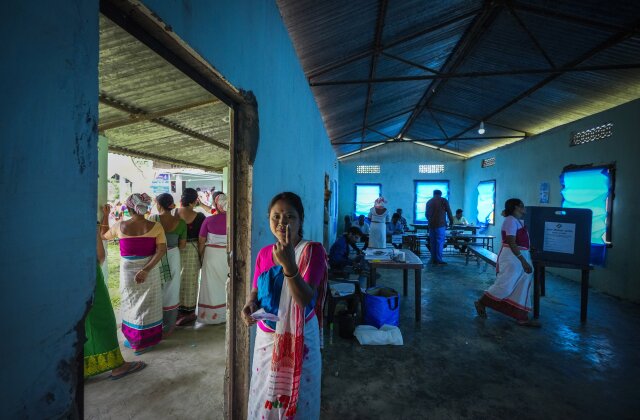PENSACOLA, Fla. (AP) — A Florida judge has dismissed a lawsuit against Saudi Arabia over a 2019 mass shooting at the Pensacola Naval Air Station that killed three US service members and wounded several others.
U.S, District Judge M. Casey Rodgers ruled last month that Saudi Arabia is protected from the lawsuit under the Foreign Sovereign Immunities Act, which limits court actions against foreign governments. The plaintiffs, who are relatives of those killed and wounded, are planning an appeal.
Cameron Walters, Joshua Watson and Mohammed Haitham, all Navy service members, were shot and killed in the Dec. 6 2019 attack. The shooter, Mohammad Saeed Al-Shamrani, was shot and killed by responding officers.
Al-Shamrani was a Saudi Air Force officer who was training at the Pensacola base. The FBI said he was also linked to the Al-Qaida extremist group and had been in contact with it before the shooting.
The lawsuit contended that Saudi Arabia bore responsibility for the shooting because the kingdom allegedly condoned Al-Shamrani’s jihadist radicalization. Rodgers determined it wasn’t enough for the lawsuit to go forward.
“In sum, the role of the court is limited by the jurisdictional dictates set forth by Congress to protect a foreign state’s sovereignty, notwithstanding the gravity of this tragic and horrific terrorist attack,” the judge wrote.
Photos You Should See – April 2024
The plaintiffs had contended that Al-Shamrani. as a member of the Saudi Air Force, was acting with the scope of his employment “because his work provided him access to the place where the attack occurred, and he believed he was serving the interests of Saudi Arabia due to his state-indoctrinated extremist religious beliefs.”
Judge Rodgers found instead that Al-Shamrani’s acts “were not within the scope of his employment because they were committed for his own personal religious extremist purposes.”
Copyright 2024 The Associated Press. All rights reserved. This material may not be published, broadcast, rewritten or redistributed.
